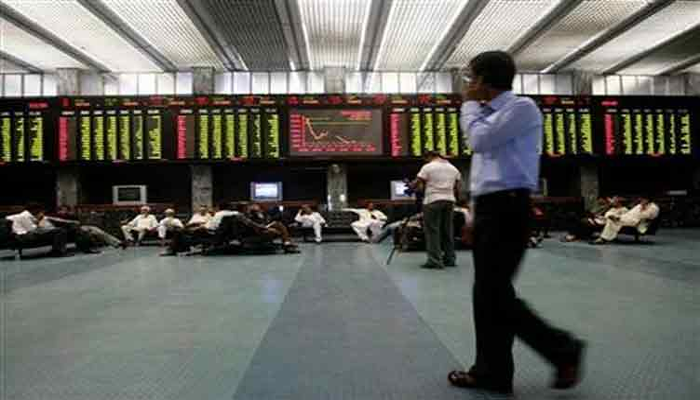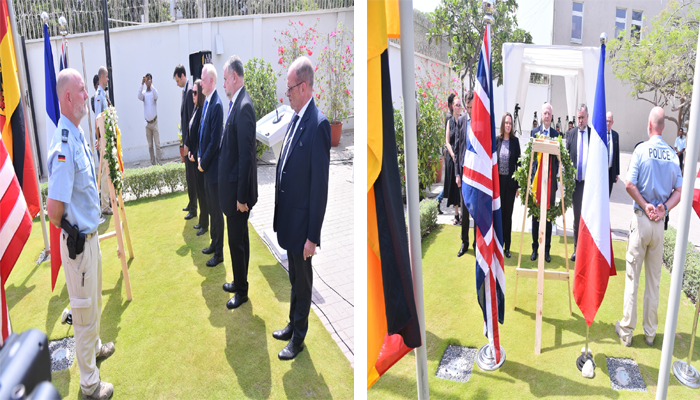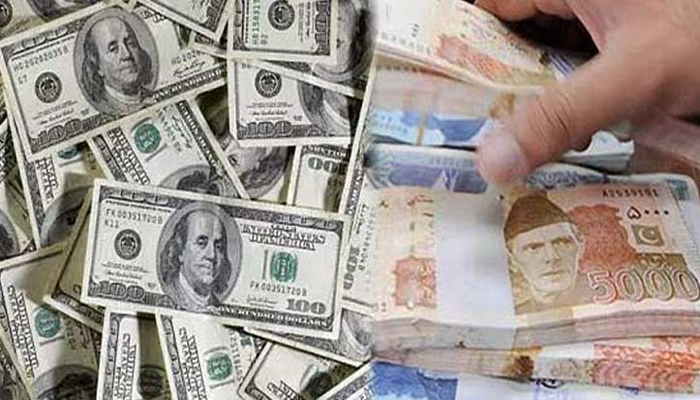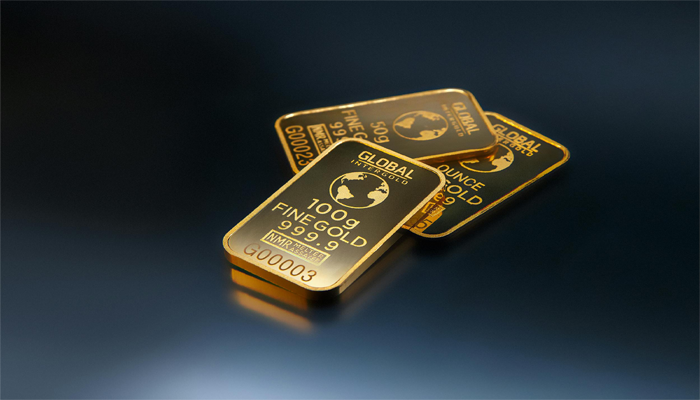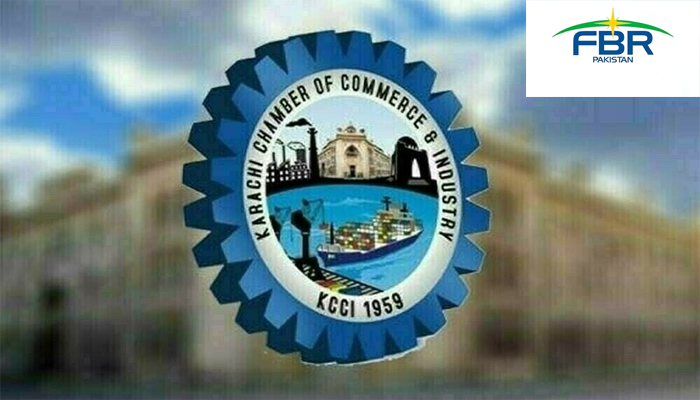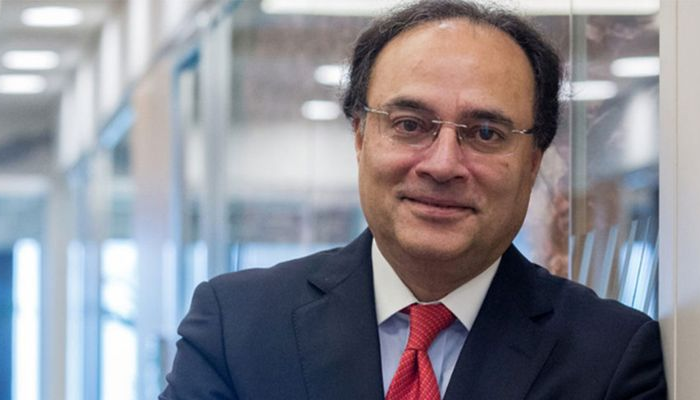The KSE-100 Index experienced a decline of 953.60 points, marking a decrease of 1.45 percent, on Monday. This downturn occurred amidst growing inflation rates, which have dashed hopes for any potential interest rate cuts at the upcoming meeting of the central bank’s Monetary Policy Committee.
The negative sentiment among investors led to increased selling pressure at the Pakistan Stock Exchange, with investors opting to prioritize financial security by divesting their stocks.
Despite Prime Minister Shehbaz Sharif selecting Muhammad Aurangzeb as the new finance minister, market reactions indicate a desire for measures to stimulate an economy burdened by high energy tariffs and interest rates.
Following his appointment, Aurangzeb pledged to engage in negotiations with the IMF to secure the remaining $1.1 billion from the current Stand-By Arrangement, which is set to expire on March 31. He also expressed intentions to pursue a new deal with the IMF, of larger scale and duration. Additionally, he commended the Special Investment Facilitation Council (SIFC) and emphasized the importance of expediting the privatization of state-owned enterprises facing losses.
However, despite these assurances, they hold little sway in the market. It remains challenging to attract foreign investment in an environment marked by exceptionally high borrowing costs, as even domestic investors are wary of undertaking risks.
Furthermore, another factor diminishing hopes for rate cuts by the State Bank of Pakistan is the prevailing inflation trend. This aligns with indications from the Federal Reserve, the global trendsetter, suggesting no US rate cuts are likely until at least June.

